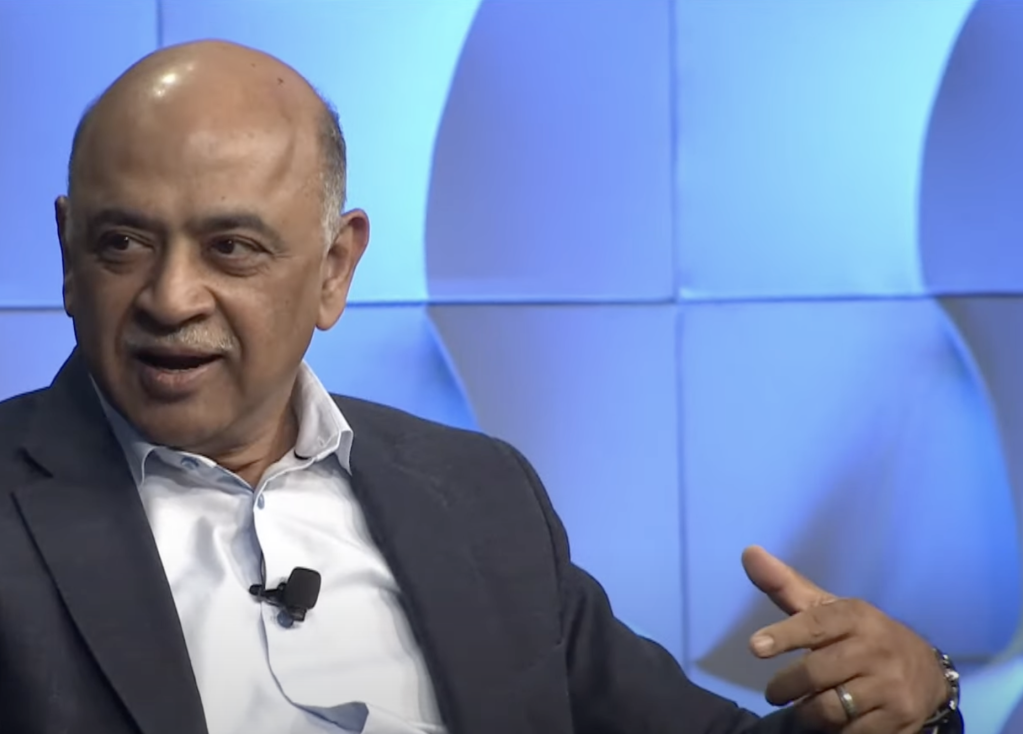In July 2025, the NATO Innovation Fund (NIF) announced significant changes to its leadership team, reflecting a strategic shift in response to the evolving defense landscape. Established in 2023 with a €1 billion commitment from 24 NATO member countries, the NIF aims to bolster defense, security, and resilience through investments in deep technology startups.
Leadership Transitions
The NIF’s recent restructuring includes the departure of founding partner Kelly Chen, who is leaving to pursue a new venture. This follows the earlier exits of managing partner Andrea Traversone and founding partner Thorsten Claus in late 2024, and partner Chris O’Connor in mid-2025. These departures have prompted the NIF to reevaluate and strengthen its leadership team.
To address these changes, the NIF has appointed two new partners:
– Dr. Ulrich Quay: Formerly the vice president of corporate investment management at BMW, Dr. Quay founded and led BMW i Ventures, the company’s corporate venture capital arm. His extensive experience in corporate investments is expected to bring valuable insights to the NIF.
– Sander Verbrugge: With a PhD in molecular biophysics, Verbrugge was previously a partner at Innovation Industries, a deep tech venture capital fund. His background includes work at NXP, a semiconductor design and manufacturing company, providing him with a strong foundation in deep technology sectors.
These appointments aim to stabilize the NIF’s leadership and enhance its capacity to identify and support innovative technologies relevant to NATO’s mission.
Strategic Focus and Investment Activities
The NIF’s mission is to invest in startups developing technologies that can address challenges in defense, security, and resilience. Since its inception, the fund has made 19 investments, including seven into venture capital funds such as OTB Ventures, and 12 directly into startups like Space Forge and Tekever, which specializes in dual-use drones.
The fund’s investment strategy emphasizes dual-use technologies—innovations that have both civilian and military applications. This approach aligns with the increasing interest in defense tech among venture capitalists, especially in Europe, where defense and resilience technologies accounted for 10% of all VC funding in 2024.
Challenges and Organizational Evolution
Despite its ambitious goals, the NIF has faced challenges, including high turnover among its founding partners and concerns about potential conflicts of interest. The fund’s chair, Klaus Hommels, is also an active deep tech investor through his firm Lakestar, which has raised questions about overlapping investments.
In response to these challenges, the NIF is undergoing organizational changes to sharpen its vision and improve its operational effectiveness. The fund is focusing on delivering capabilities that meet the immediate defense and security needs of NATO members while also identifying future technologies that can enhance industrial resilience.
Collaborations and Future Outlook
The NIF has also established partnerships to expand its impact. In 2024, it signed a Memorandum of Understanding with the European Investment Fund (EIF) to encourage private capital investment in defense, security, and resilience sectors. This collaboration aims to support startups, SMEs, and mid-sized companies in these critical areas.
Looking ahead, the NIF is committed to building a robust ecosystem that supports deep tech innovation across Europe and the NATO alliance. By strengthening its leadership team and refining its strategic focus, the fund aims to play a pivotal role in enhancing the technological capabilities and resilience of NATO member countries.



